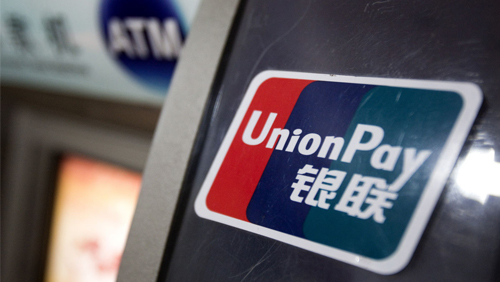The “rampant abuse” of China UnionPay’s card payment system has caught the eye of the Chinese government.
 Now, Beijing is breathing down the neck of UnionPay, prompting the bank card organization to call out for the registration of the millions of its mobile point of service transaction devices, the South China Morning Post reported.
Now, Beijing is breathing down the neck of UnionPay, prompting the bank card organization to call out for the registration of the millions of its mobile point of service transaction devices, the South China Morning Post reported.
The news outlet quoted the company’s internal memo that announced a nationwide audit and warned that if the new controls were not followed, there will be sanctions from “relevant authorities”—allegedly China’s financial regulators and members of the Ministry of Public Security.
China Unionpay’s POS devices, or debit-card transaction terminals, are used by retailers to mask cash transactions under China’s strict currency control. In Macau, the devices were reportedly rigged so that international transactions will show up in the mainland’s network as domestic transactions, according to Post.
But under the new measures, not only will POS device licensees have to register their existing mobile devices, but manufacturers—both hardware and software—must also have their devices validated by China UnionPay. The new controls are expected to be felt hardest in the city state, where illegal mobile POS devices is widespread.
This isn’t the first time that China UnionPay has experienced tough love from Beijing.
In September, the government ordered tighter restrictions on cash withdrawals outside of the country.
According to the State Administration for Foreign Exchange (SAFE), the new rules limit overseas cash withdrawals from China’s UnionPay service to a total of 50,000 yuan ($10,800) from October 1 until the end of the year. Under the old rules, the daily limit per card was 10,000 yuan.
Starting January 2016, the annual limit will be raised to 100,000 yuan ($21,800).
In addition, SAFE also required banks to add accounts exceeding the cap to a watch list and to prohibit further cash withdrawals outside of China. The new rules were seen as Beijing’s latest effort to prevent the devaluation of yuan, which has come under sustained pressure in recent months.